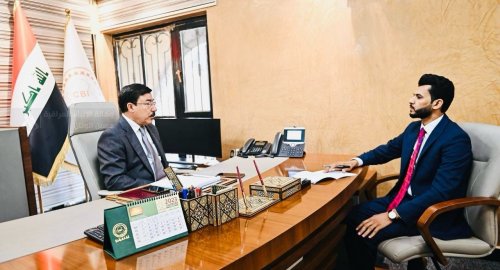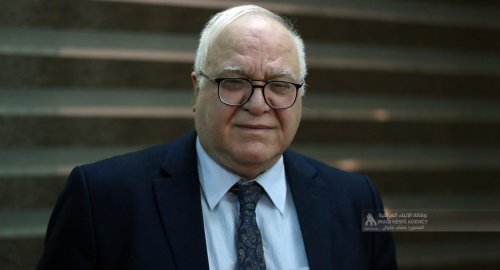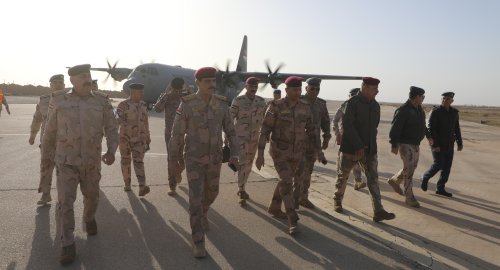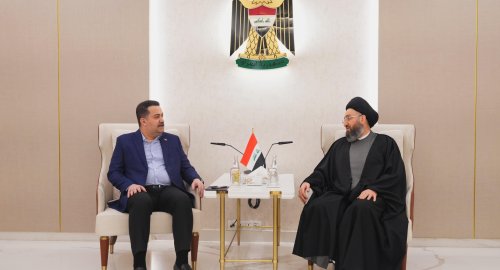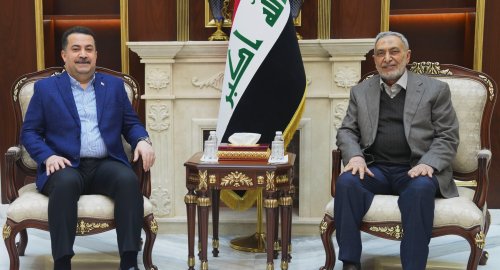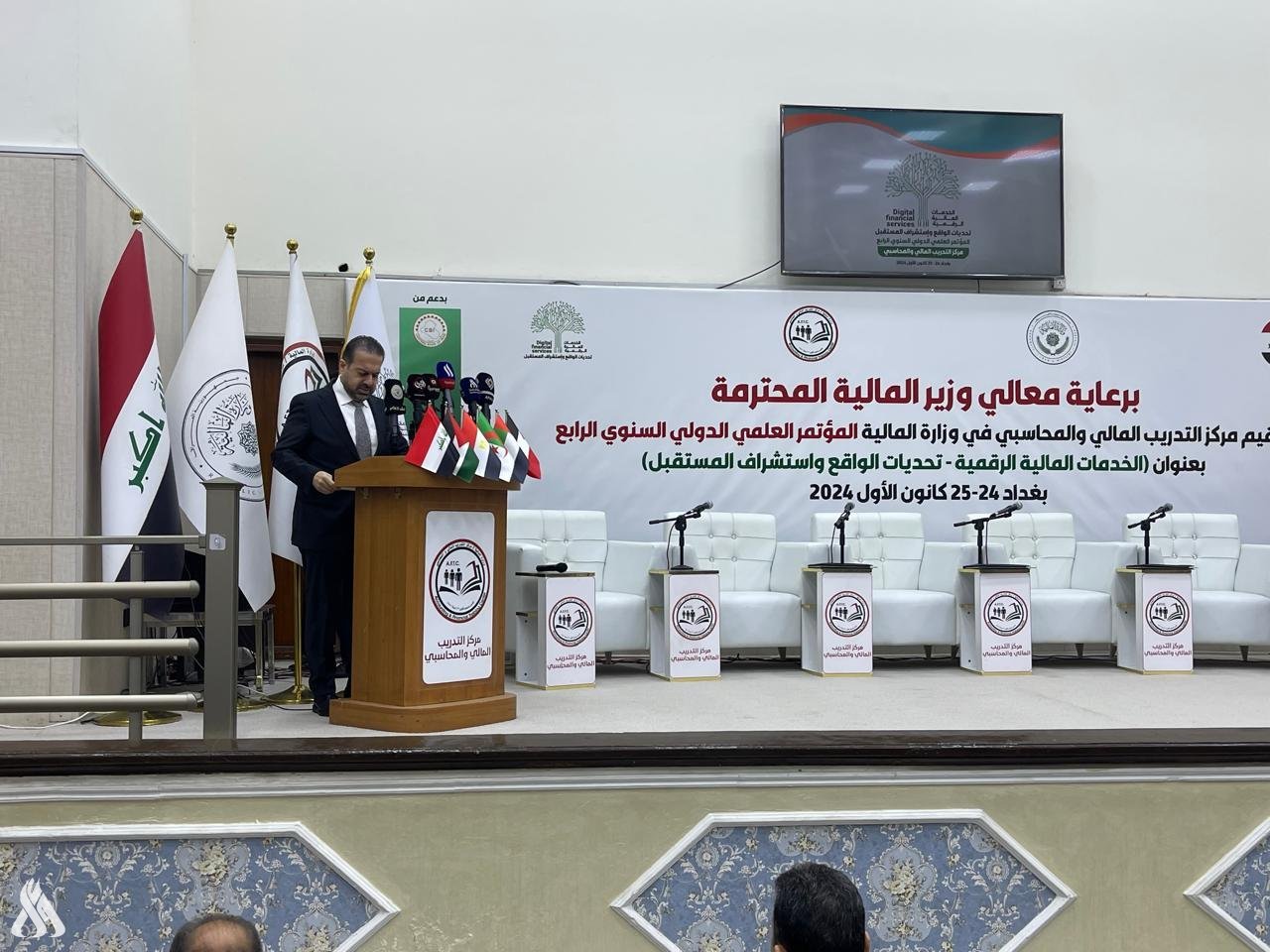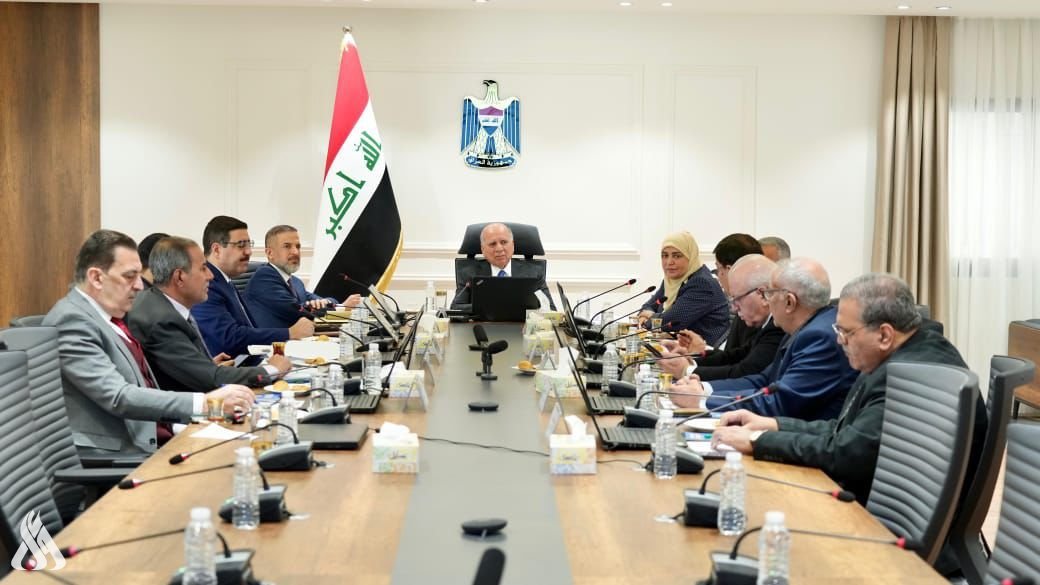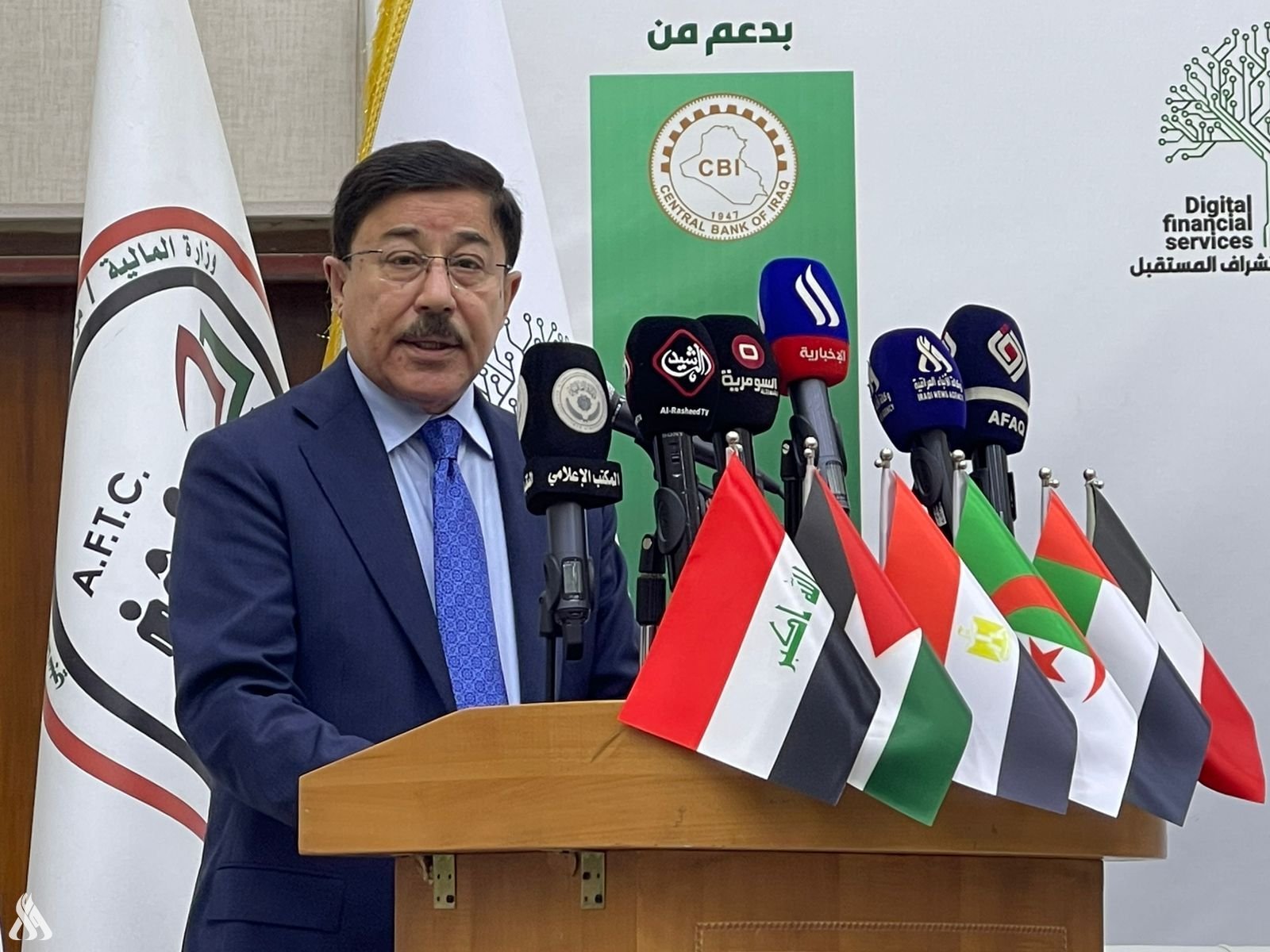
PM Adviser details Iraq's foreign reserve efficiency indicators

- 3-02-2024, 12:13
Baghdad-INA
The financial advisor to the Prime Minister, Mazhar Muhammad Salih, detailed on Saturday, the indicators of the efficiency of foreign reserves, while stressing that they indicate that Iraq today is better off in its financial history.
Saleh said, to the Iraqi News Agency (INA), that “Iraq’s oil revenues will remain the main source of growth in the country’s foreign currency reserves, and those reserves will rise with the rise in the cycle of oil assets, all of which lead to an increase in indicators of the efficiency of foreign currency reserves, whether commercial efficiency (Covering the mentioned reserves for the number of import months for Iraq, which currently exceeds 15 months compared to the global standard of three months), or in covering the money supply, or by the fact that these foreign reserves in proportion have the ability to cover the external debt services payable."
He added, "The country's oil revenues still provide 98% of the assets of the investment portfolio for the country's foreign currency reserves, whether in monetary gold or various foreign currencies all indicators of the efficiency of foreign reserves mentioned above indicate that Iraq today is in the best condition in its financial history these reserves flourish and grow with the index of the growth rate in the current account surplus of the balance of payments to the country’s gross domestic product, which was estimated for the year 2023 at approximately (positive 9%), and is estimated for the year 2024, at the same similar rate, according to data published by international credit evaluation institutions for Iraq."
He pointed out that “there are standard investment mechanisms and guides approved globally by the monetary authority in managing the country’s foreign currency reserves, as their tools and methods are evaluated in consultation with multilateral international financial organizations, including the International Monetary Fund and the World Bank, on a periodic basis to ensure optimal management of reserves, whether in Providing adequate returns, sufficient liquidity and low risks at the same time."
He continued: “It takes into account avoiding all forms of risks, whether the risks of currency exchange rate fluctuations, interest, or liquidity risks, as well as the legal risks in managing those reserves, which are the basis of the country’s foreign investment portfolio, and today they represent something similar to the Iraqi dinar exchange rate stabilization fund that it defends the country's monetary policy represents assets or assets corresponding to the national currency issued as (liabilities) and adequate coverage of the dinar to ensure its stability, in addition to the role of reserves in financing foreign trade for the private sector."
Trump asks Supreme Court to pause law that could ban TikTok
- International
- 08:56
PM’s Advisor: Government's vision supports Syria's stability
- politics
- 09:25
Globe Soccer Awards 2024: all the nominees
- Sport
- 24/12/27
